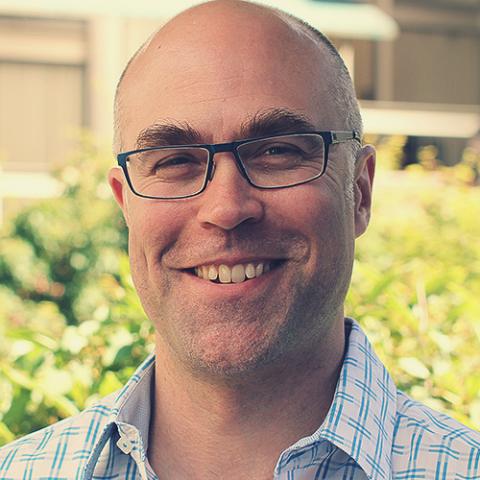

About week ago, along with many other Vancouver geeks, I attended Open Web Vancouver. I was pleased to enjoy time with friends involved in the open-source world and to get to know some new people and their unique perspectives. In my view, what made the two days the most pleasant was the fine balance between the tech and non-tech talks. It felt somewhere in between Gnomedex and a Drupal camp. I think the vision is there and that the Vancouver PHP Association crew has done an exceptional job at putting this event together. That said, I would have loved to see a few BOF sessions and on-location coffee... Both keynotes (by Rickard Falkvinge and Angela @webchick Byron) nicely set the tone for the conference by offering intelligent points of view on what can sometimes be gritty issues, namely file sharing and the repercussions of the associated regulations on human rights and the place of women in open-source software and other communities. During the first session, Falkvinge discussed the present and projected laws and regulations surrounding file sharing. One of his major concerns stems from the fact that to enforce file sharing restriction laws requires the monitoring of individual online activities. Falkvinge warned us about the loss of fundamental human rights such as privacy and freedom of the press that lurk behind such a system. One of the analogies he made regarding Internet Service Providers (ISPs) being responsible for this monitoring stuck with me (I'm paraphrasing here): “Suing ISPs providers for the 'illegal' content going through their networks would be equivalent to suing the national postal service for being involved in the trafficking of drugs”. Webchick's talk followed a similar path exposing some other challenges that communities face. She discussed the ways in which women are often considered second-class citizens and, at times, are victims of sexism in open-source communities. She suggested several approaches to changing this. There was a mention of the “Louise controversy,” wherein the Drupalcon Paris website showed the silhouette of a women that was shocking for some and was the basis of a flaming exchange. Communities can be more inclusive, more diverse and foster better communication between members by: being sensitive to discrimination, asking for everyone's participation, fighting the “Einstein” effect (i.e. the need to be a “genius” to get involved), promoting all types of contributions, establishing mentorship programs, and more... I attended several sessions over the two-day conference, all of which were engaging. There was one talk that touched an important subject and got my attention: Jacob Appelbaum's Tor: Anonymous Communications for the Dept. of Defense... Tor is a distributed anonymous network which allows Internet users to anonymize their online activities in order to better protect their privacy, trade secrets, relationships, etc. I hope to explore this topic and the tools that the Tor project offers in further detail in an upcoming article. Communities really wouldn't be much if no one had fun. So, a big thank you to all the organizers and participants, especially those willing to continue the discussion beyond the framework of the conference. I am proud to be a part of these exciting times in a privileged place like Vancouver.
The Jibe Multimedia, Inc. © 2009-2025